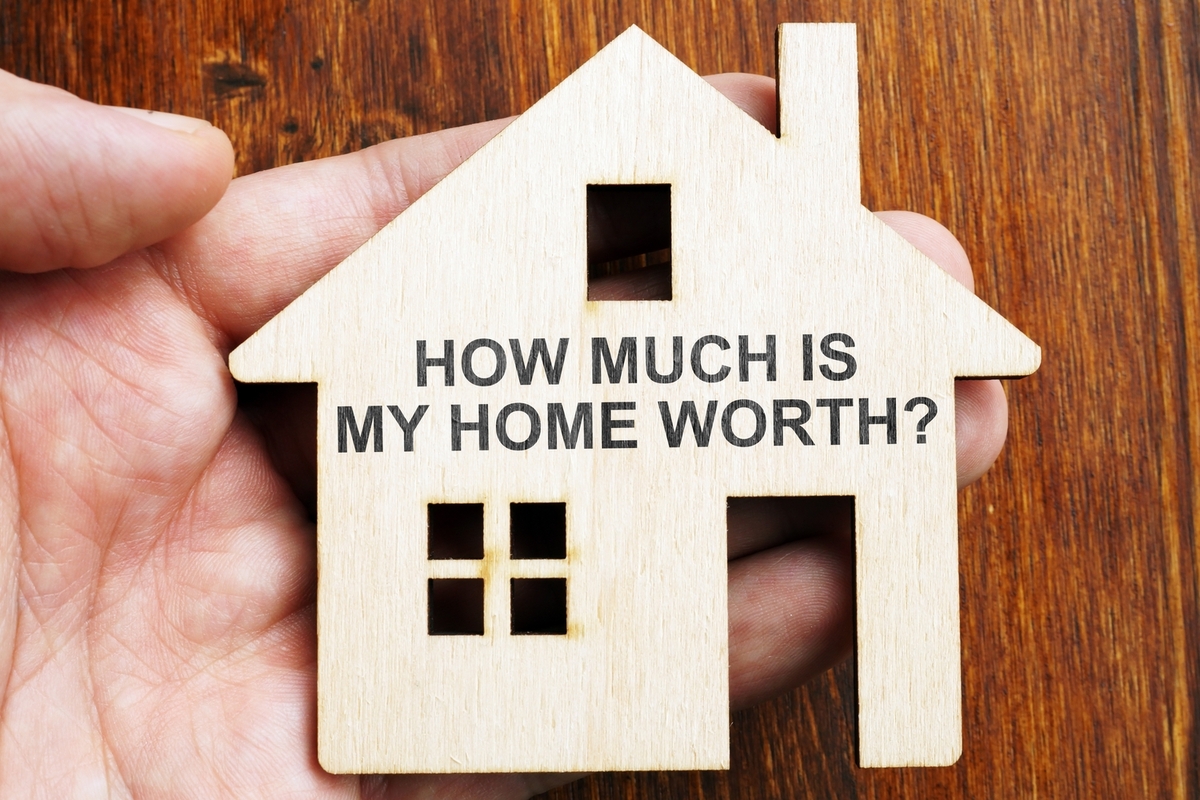How to Estimate Your Home Value: A Comprehensive Guide

Understanding the value of your home is crucial whether you’re planning to sell, refinance, or simply want to know your property’s worth. Estimating your home value can seem daunting, but with the right tools and knowledge, you can get a fairly accurate estimate. This guide will walk you through the steps and resources available to help you estimate your home value effectively.
Factors Influencing Home Value
Several factors can influence the value of your home. These include location, size, condition, and market trends. Understanding these factors can help you make a more accurate estimate.
-
Location : The location of your home is one of the most significant factors affecting its value. Homes in desirable neighborhoods with good schools, low crime rates, and proximity to amenities like shopping centers and parks tend to have higher values.
-
Size and Layout : The size of your home, including the number of bedrooms and bathrooms, plays a crucial role in its valuation. Larger homes with more functional layouts generally have higher values.
-
Condition : The overall condition of your home, including the age of the property, the state of the roof, plumbing, and electrical systems, can significantly impact its value. Well-maintained homes are typically valued higher.
-
Market Trends : Real estate market trends in your area can also affect your home’s value. In a seller’s market, where demand exceeds supply, home values tend to rise. Conversely, in a buyer’s market, values may decrease.
Methods to Estimate Your Home Value
There are several methods you can use to estimate your home value. Each method has its advantages and limitations.
-
Online Valuation Tools : Many websites offer free online home valuation tools. These tools use algorithms and public data to provide an estimate of your home’s value. While convenient, they may not always be accurate as they don’t consider unique features of your property.
-
Comparative Market Analysis (CMA) : A CMA is a detailed report prepared by a real estate agent. It compares your home to similar properties that have recently sold in your area. A CMA can provide a more accurate estimate as it considers local market conditions and specific features of your home.
-
Professional Appraisal : Hiring a professional appraiser is one of the most accurate ways to estimate your home value. An appraiser will conduct a thorough inspection of your property and provide a detailed report. While this method is more costly, it is often required by lenders for mortgage applications.
-
Real Estate Agent Consultation : Consulting with a local real estate agent can also help you estimate your home value. Agents have in-depth knowledge of the local market and can provide insights based on recent sales and current market conditions.
Steps to Estimate Your Home Value
-
Research Recent Sales : Start by researching recent sales of similar homes in your neighborhood. Look for properties with similar size, age, and condition. This will give you a baseline for your estimate.
-
Use Online Tools : Utilize online home valuation tools to get a rough estimate. Enter accurate information about your property to get the best results.
-
Get a CMA : Contact a local real estate agent to prepare a Comparative Market Analysis. This will provide a more detailed and accurate estimate.
-
Consider a Professional Appraisal : If you need a precise valuation, consider hiring a professional appraiser. This is especially important if you’re planning to sell or refinance your home.
-
Evaluate Market Trends : Stay informed about current market trends in your area. Understanding whether it’s a buyer’s or seller’s market can help you adjust your estimate accordingly.
Tips for Increasing Your Home Value
-
Home Improvements : Making strategic home improvements can increase your home’s value. Focus on high-impact areas like the kitchen, bathrooms, and curb appeal.
-
Regular Maintenance : Keep up with regular maintenance to ensure your home remains in good condition. Address any repairs promptly to avoid larger issues down the line.
-
Energy Efficiency : Upgrading to energy-efficient appliances and systems can make your home more attractive to buyers and increase its value.
-
Staging : If you’re planning to sell, consider staging your home to make it more appealing to potential buyers. A well-staged home can sell faster and at a higher price.
Estimating your home value is an essential step in making informed decisions about your property. By understanding the factors that influence home value and utilizing various estimation methods, you can get a reliable estimate of your home’s worth. Whether you’re selling, refinancing, or simply curious, knowing your home’s value can provide peace of mind and help you plan for the future. Remember to stay informed about market trends and consider professional advice for the most accurate valuation.



